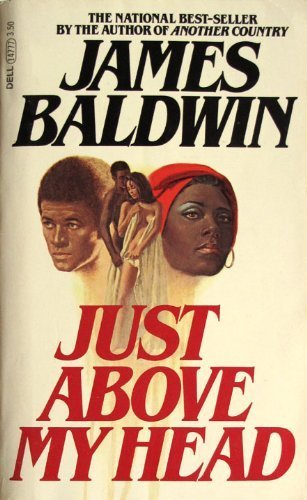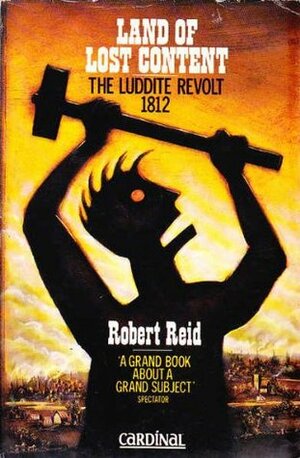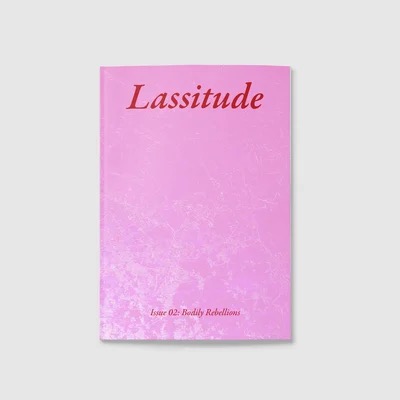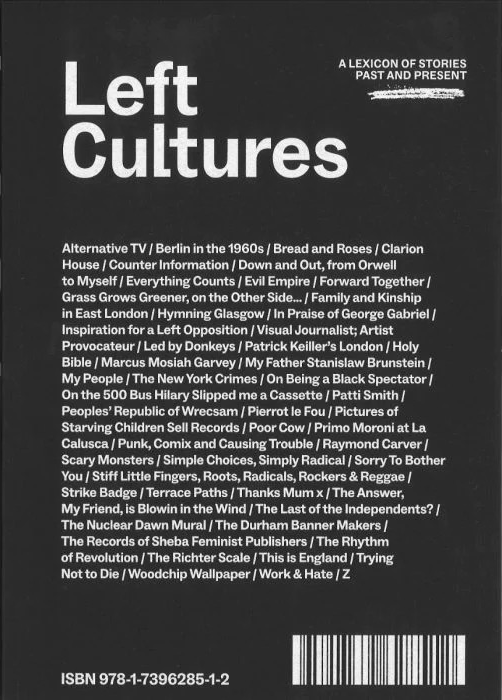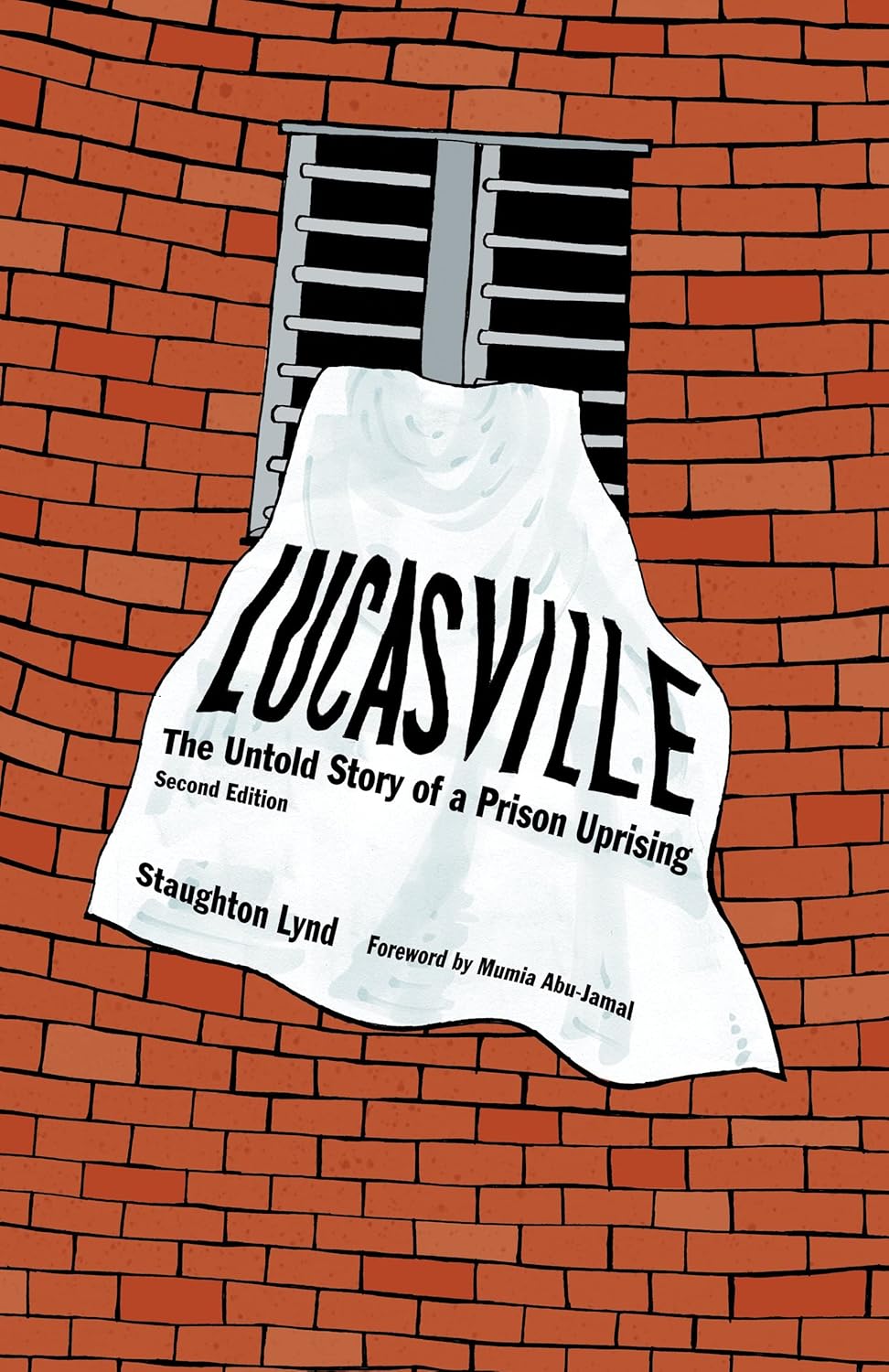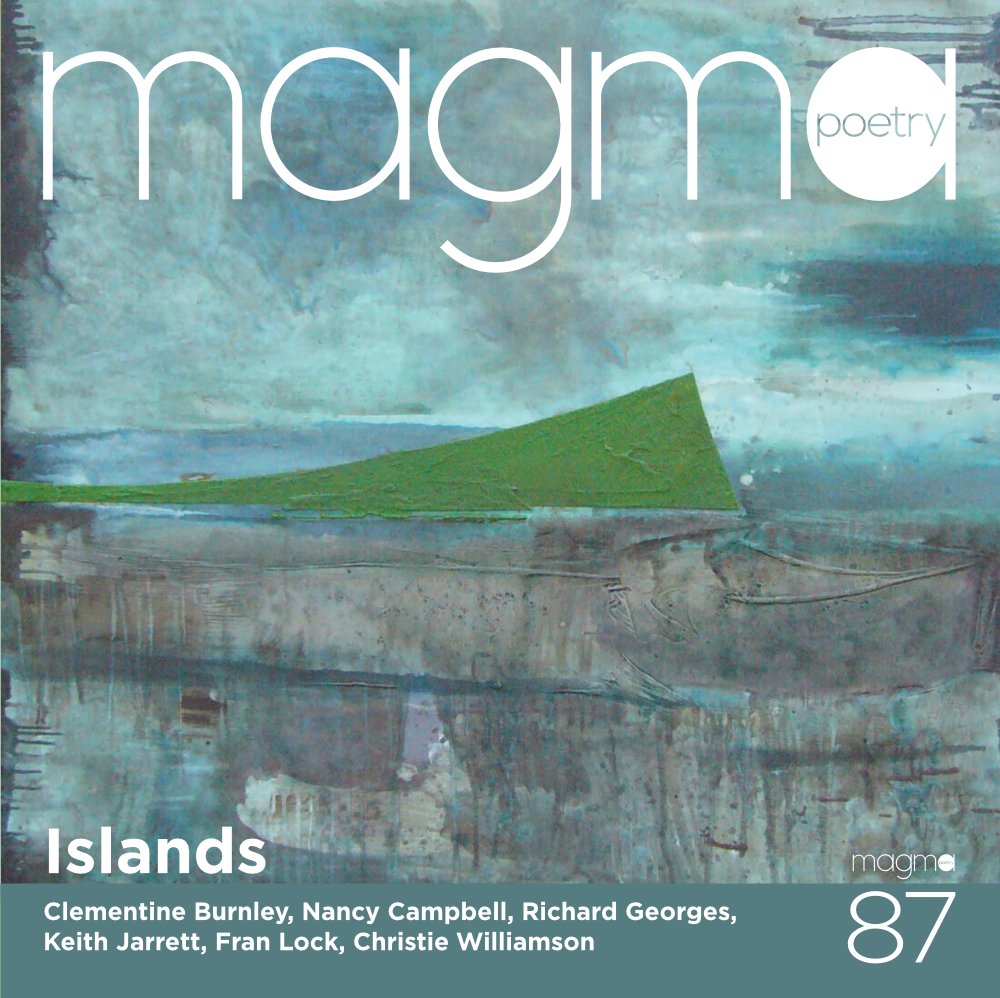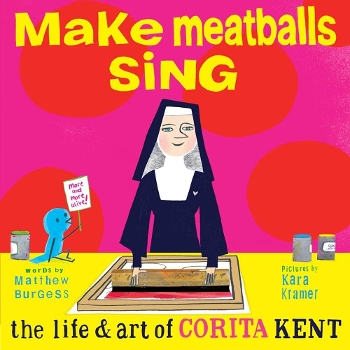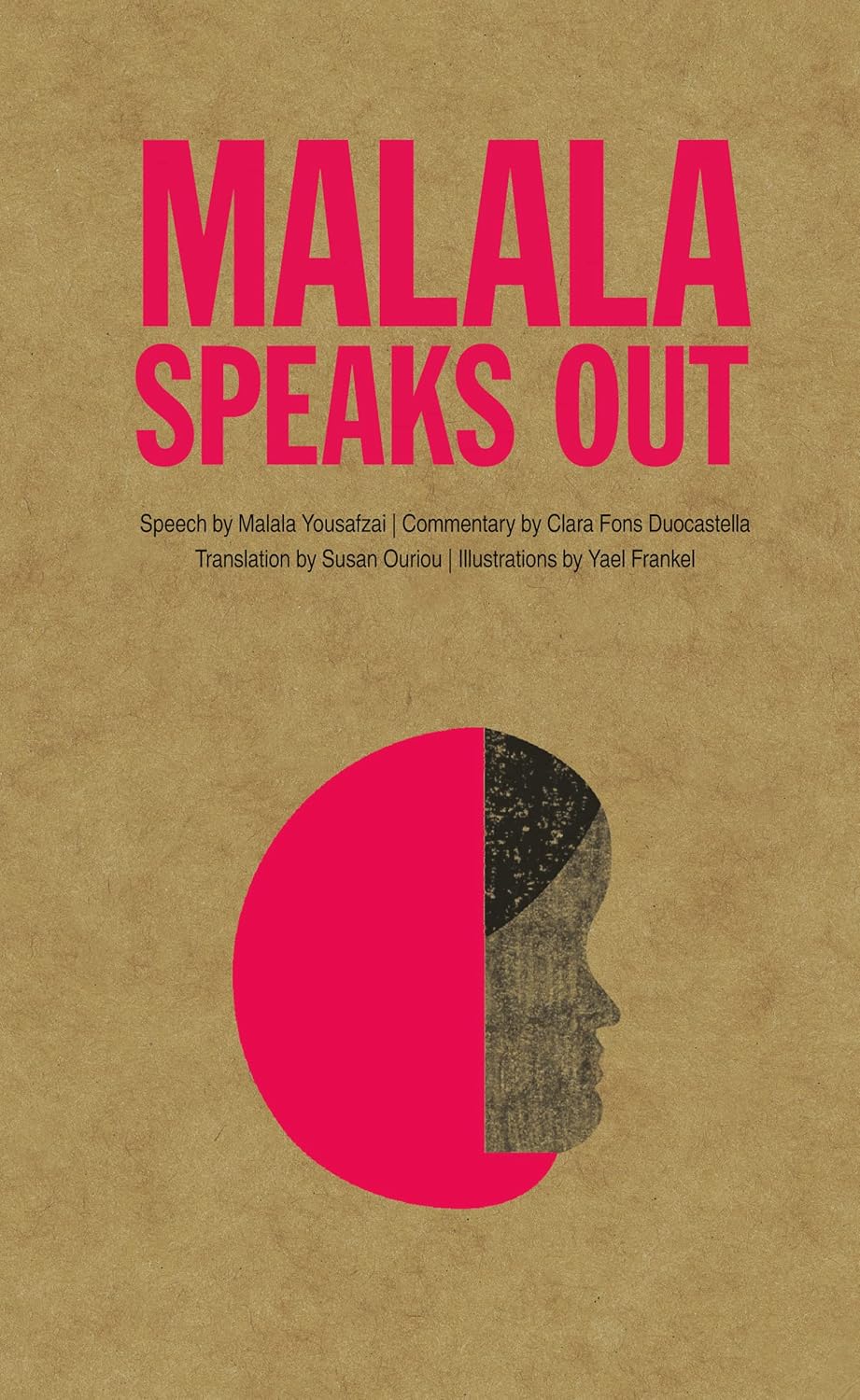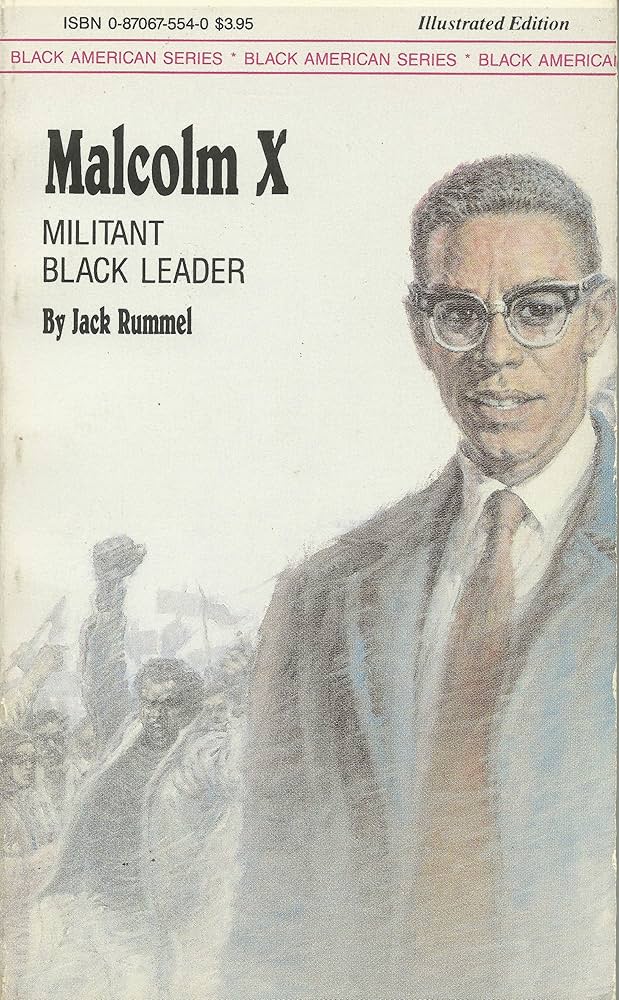The stark grief of a brother mourning a brother opens this novel with a stunning, unforgettable experience. Here, in a monumental saga of love and rage, Baldwin goes back to Harlem, to the church of his groundbreaking novel Go Tell It on the Mountain, to the homosexual passion of Giovanni's Room, and to the political fire that enflames his nonfiction work. Here, too, the story of gospel singer Arthur Hall and his family becomes both a journey into another country of the soul and senses--and a living contemporary history of black struggle in this land.
The book explores the Luddite movement, which was a group of displaced textile workers in Yorkshire who protested the loss of their livelihoods and the new machinery of the Industrial Revolution through organized violence, such as destroying frames. The title is taken from a poem by A.E. Housman and reflects the Luddites' sense of loss and anger in the face of overwhelming social and economic change.
Lassitude Issue 02: Bodily Rebellions weaves together exciting new work on the subject of fatigue. In this edition, disability is written as a kind of trespassing, the story of the fatigued body is told as a revolt. Writings are laced with discussions of language – how the ill body can speak. Our second issue features poetry, prose, and visual artworks from 17 contributors.
Left Cultures will delve deep into the left’s cultural past to discuss gems of storytelling within film, literature, music, art and poetry. Culture which has influenced and inspired an eclectic bunch of comrades to continue in this tradition by creating new cultural endeavours on the left today. Colliding together the past and present to celebrate the power and rich diversity of storytelling on the left with personal accounts, beautifully illustrated throughout.
120+ pages full of written and visual works by disabled creatives from around the world, from editorials to poems, interviews, articles and artwork.
Created by a bunch of cripples over the summer of 22 this zine is a reflection of our time, lives and place in the world. A documentation of crip culture and community.
In 1993 prisoners took control of the maximum-security prison in Lucasville, Ohio. Their 11-day ordeal started with a dispute between the warden and Muslim prisoners and ended with a negotiated settlement, but only after nine prisoners and one hostage had been killed. In the months that followed, leaders of the uprising were singled out by the state, tried, and sentenced to death despite compelling evidence of their innocence. Lucasville tells the inside story of the uprising, the subsequent trial and sentencing. Eminent historian and lawyer Staughton Lynd brings the full power of evidence to bear as he retells the Lucasville story. He argues compellingly that the five men sentenced to death have been unfairly convicted. In addition, he describes the uprising from the inside-how the prisoners worked together, black and white, even Muslims and members of the Aryan Brotherhood, for the improvement of conditions. The ease with which the state has been able to use its resources, and the court's, to bring the Lucasville 5 to the point of execution raises questions that will make readers want to rethink not only the justification for these convictions, but the legitimacy of the death penalty in any case.
Magma 87, Islands, edited by Niall Campbell, Fiona Moore, and Safiya Kamaria Kinshasa Each new Magma theme raises the question: how will people write it, how will they startle and delight us? This time we were set on capturing something of the variety and scope that the theme of Islands offered. We hoped to invert majority notions of centre and periphery. We wanted the wild and windswept. At the same time we looked for poems that subverted, ignored or went beyond island clichés, far from the island gift shop cards with yearningly beautiful images.
Corita Kent (1918–1986) lived a remarkable life as an artist, educator, nun, and activist. Unapologetically holding true to herself and her beliefs, Corita spread a powerful message of love, hope, and justice with her work, as it evolved from figurative and religious art, to serigraphs incorporating the sacred and the ordinary, to a sparser, more introspective style. This timely story will draw readers into the life of a singular woman whose work and commitment invite us all to seek joy in the everyday, to observe the world with open eyes, and to question and see beyond the existing frameworks of society. Thoughtfully written by Matthew Burgess and vibrantly illustrated by Kara Kramer, this beautiful biography, made in close collaboration with the Corita Art Center, includes reproductions of Corita’s works, a chronology, and author and illustrator notes.
Contains the speech of Malala Yousafzai, the youngest person to be awarded the Nobel Peace Prize, in which she tells her story of surviving an attack by the Taliban for defending girls’ rights to education and how she continues to fight for these rights today.
'A biography of the Black Muslim who became a leader of a movement to unite black people throughout the world.'

